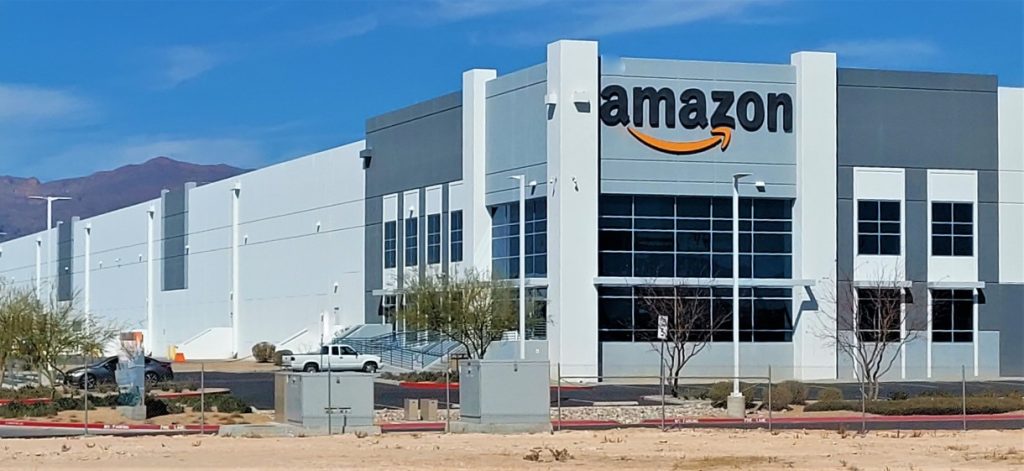Plans for a minimum 15 percent tax rate for multinationals have been pushed back.
One of the main ways businesses are taxed is via something called corporation tax, which compels firms to give a percentage of their profits to a government. How high or low that percentage is depends on the government setting the tax. Plans were afoot, however, to create a global minimum corporate tax rate for some companies. The Organisation for Economic Cooperation and Development (OECD), an international organisation interested in improving global wellbeing via coordinated standards and solutions, got 136 governments from all around the world to agree that they would charge multinationals a corporation tax rate of at least 15 percent from 2023. But this has now been delayed for at least a year as governments have failed to agree on all the details.
At first glance governments dragging their hands over this issue is weird, because policies that increase business taxes are generally popular with the public. The UK is not unusual is having about half of its voters wanting big businesses to pay more tax, with just 6 percent of the public thinking businesses pay too much. It’s also not as if the suggested 15 percent tax rate is staggeringly high: the global average rate for corporation tax is 23 percent. Even that is much lower than the global average for personal income tax, which is what individuals pay on their salary, and which is 31 percent. The 15 percent minimum corporation tax is quite a bit higher than the tax rate paid by many of the biggest multinationals, however. The ‘Silicon Six’ - Amazon, Apple, Meta (formerly known as Facebook), Alphabet (parent company of Google), Netflix and Microsoft - paid an average corporate tax rate of 3.6 percent between 2011 and 2020.
A big reason these firms have historically turfed over such a small percentage of their profits in tax is because many governments have offered them low tax rates in return for doing more business in their country. That’s because when Amazon builds a new warehouse or Meta sets up a new headquarters somewhere it generates a lot of economic activity in that area. Primarily, this takes the form of job creation; not just for work at the firms themselves but also regarding things like constructing new buildings or doing catering for corporate events. The argument goes that as the value of all this economic activity is worth more than the tax takings, it makes sense for societies to entice big companies to their patch of soil with the promise of low taxes. Government may also figure that a tax that takes a slim percentage of these firms' profits is still a pretty valuable tax: the 4.8 percent tax rate that Apple paid in the last decade was worth more than $100 billion.
However, this approach has been widely criticised. Some people say the economic benefits companies create when they set up shop have been overestimated. Others point out that this system nudges governments to compete with each other by offering companies ever-lower taxes, and argue that multinationals use the fact they can shop around to take advantage. (Stopping this race to the bottom, incidentally, was the main motivation behind creating a global minimum tax in the first place.)
Beyond pure economics, however, is the fact that many people feel it is simply unfair for large, profitable companies to not ‘pay their way’ by contributing a similar percentage of taxation as everybody else. This feeling is particularly acute because of just how much profit big companies can make. Over that ten-year period where they paid under 4 percent tax, the Silicon Six collectively booked about £1.13 trillion in profit. To put that number in perspective, for the 564 footballers in the Premier League (average salary: £3 million) to earn that much collectively, they would all have to play for 735 years.
Read our explainer on: tax

